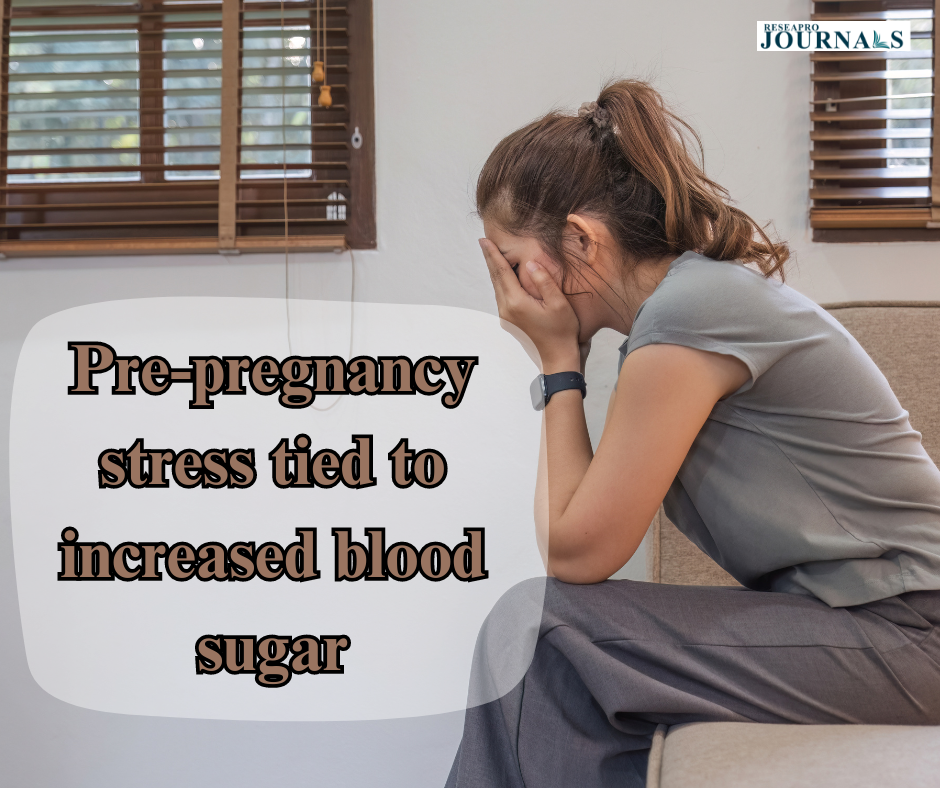
A recent study has uncovered a significant association between pre-pregnancy stress levels in women and elevated blood sugar levels. This finding highlights the potential impact of psychological factors on physiological health during the preconception period.

The study focused on investigating the relationship between maternal stress and blood glucose levels before conception. Researchers found that women who reported higher levels of stress in the months leading up to pregnancy tended to have increased blood sugar levels. Stress triggers the release of certain hormones like cortisol, which can affect glucose metabolism and lead to higher blood sugar levels.
Moreover, chronic stress can disrupt the body’s hormonal balance, contributing to insulin resistance and impaired glucose regulation. These physiological changes may increase the risk of developing conditions like gestational diabetes during pregnancy.
Furthermore, the study suggests that managing stress levels before conception could be beneficial for promoting overall health and reducing the risk of metabolic disorders during pregnancy.
In conclusion, the study underscores the importance of addressing pre-pregnancy stress as a potential risk factor for elevated blood sugar levels. By recognizing the impact of psychological factors on metabolic health, healthcare providers can better support women in optimizing their health before conception. Further research into interventions aimed at stress management may offer valuable insights into preventive strategies for improving maternal and fetal outcomes.
